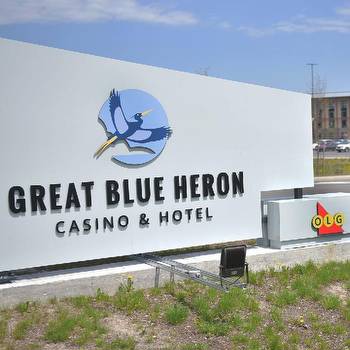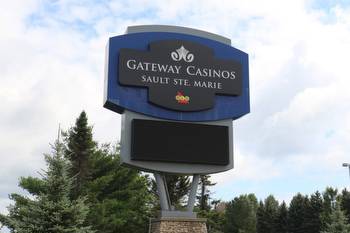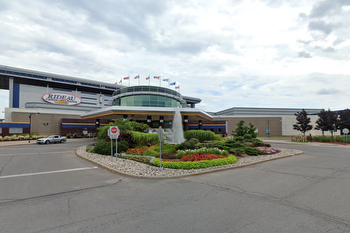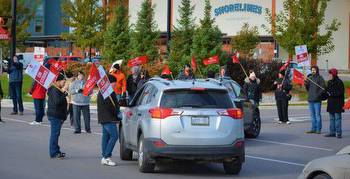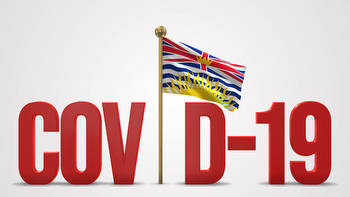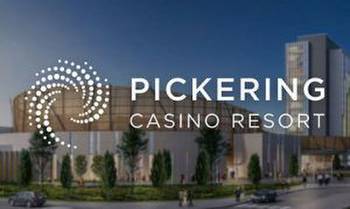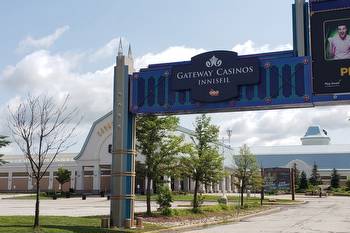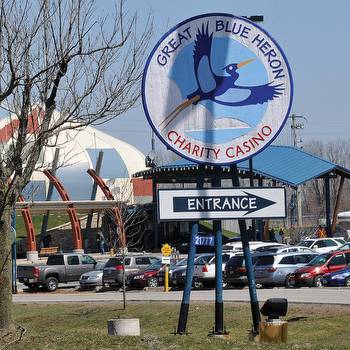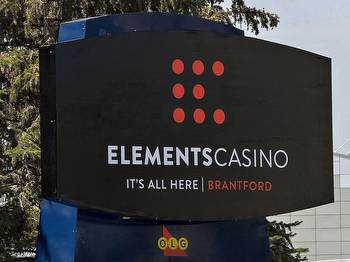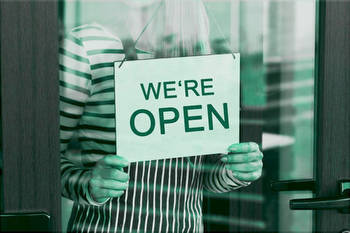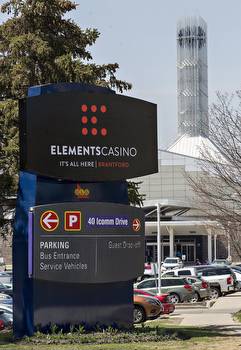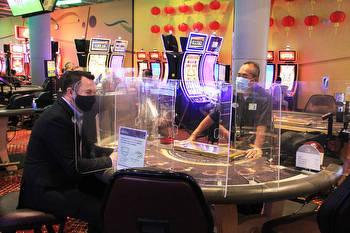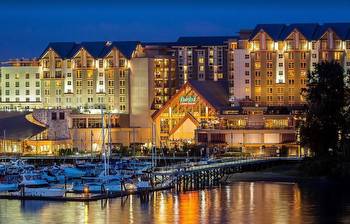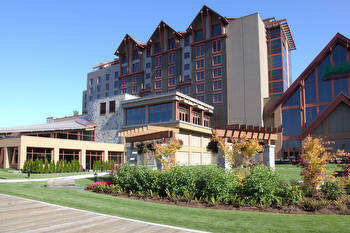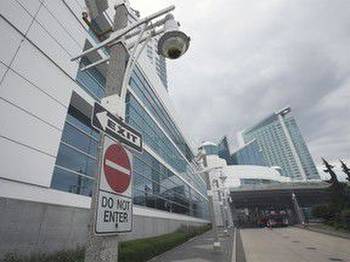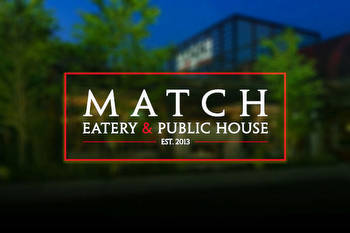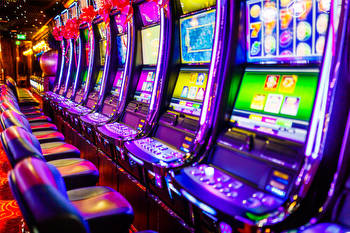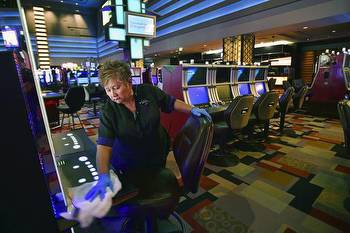B.C.'s casinos, nightclubs gearing up for reopening

As B.C. continues lifting COVID-19 restrictions, casinos and nightclubs are some of the last spaces that have remained totally shuttered. The province’s hospitality industry hopes that will change this week, as the province looks ready to move to the third step of its restart plan on July 1.
While it sounds like Vancouver’s nightclub sector is looking at a more gradual reopening, casino operators are eager to get going again as soon as provincial authorities give the go-ahead.
“It won’t be official until the provincial government announces it, but at this point, we are gearing up and — to use a casino term — we are all in, in terms of getting ready for July 1,” said Chuck Keeling, executive vice-president at Great Canadian Canadian Casinos.
Keeling said Great Canadian, which operates nine casinos in B.C. has already called back hundreds of employees who were put out of work in March 2020 when casinos closed down in the first wave of the COVID-19.
Many businesses, especially in the hospitality sector, are reporting labour shortages, and Keeling said some areas of Great Canadian’s business “will be challenged by some of those systemic issues across the market.”
But overall, he said, “We are thrilled by the number of our team members that we’re calling that are coming back. We’re running north of 90 per cent of those that we are calling … they’re coming back.”
B.C. casinos will have new features when they reopen, such as physically distanced slot machines spread out at least two metres apart, and plexi-glass barriers at card tables and cash cages, said Cecilia Ho, a spokeswoman for B.C. Lottery Corporation, the Crown corporation that oversees gaming.
The B.C. General Employees’ Union represents about 3,200 casino employees, including security workers, slot attendants, housekeeping staff and card dealers. Those workers were not laid off when casinos shut down last year, but have essentially been “in a holding pattern” since then, said B.C. General Employees’ Union president Stephanie Smith.
The union is awaiting some details of the restart plan, Smith said, and out of consideration for worker safety, she hopes mask-wearing will still be mandated, instead of discretionary, in indoor common areas.
The nightlife industry, however, is likely to see a more gradual return, said Jeff Guignard, executive director of the Alliance of Beverage Licensees of B.C.
Smaller lounges are likely to start opening over the summer, Guignard said, but it will be a while before most larger venues open their doors again.
Live music is allowed under current rules, but phase three will likely still mean no dancing and reduced capacity, Guignard said, so it’s unlikely bigger venues will be viable under such restrictions. He hopes that by September, local nightlife will be back to “something that looks and feels exactly like the before times.”
If vaccinations rates continue to rise, and COVID case counts keep dropping, phase four could begin Sept. 7.
—
As COVID-19 vaccination rates increase and case numbers drop across the country, the provinces and territories have begun releasing the reopening plans for businesses, events and recreational facilities.
Most of the plans are based on each jurisdiction reaching vaccination targets at certain dates, while also keeping the number of cases and hospitalizations down.
Here's a look at what reopening plans look like in B.C.
Seated gatherings of up to 50 people are allowed at banquet halls, movie theatres and theatre performances. High-intensity fitness classes are allowed and bars can serve liquor until midnight.
Indoor faith gatherings are allowed with a maximum of 50 people or up to 10 per cent of a building's capacity.
Recreational travel within B.C. is allowed, but the province is asking those planning to visit from other provinces to delay those plans until more people have had their vaccines.
The province is testing every positive COVID-19 case for variants of concern and testing, tracking and tracing for each case remains a priority.
Rules for masks and physical distancing remain in place.








